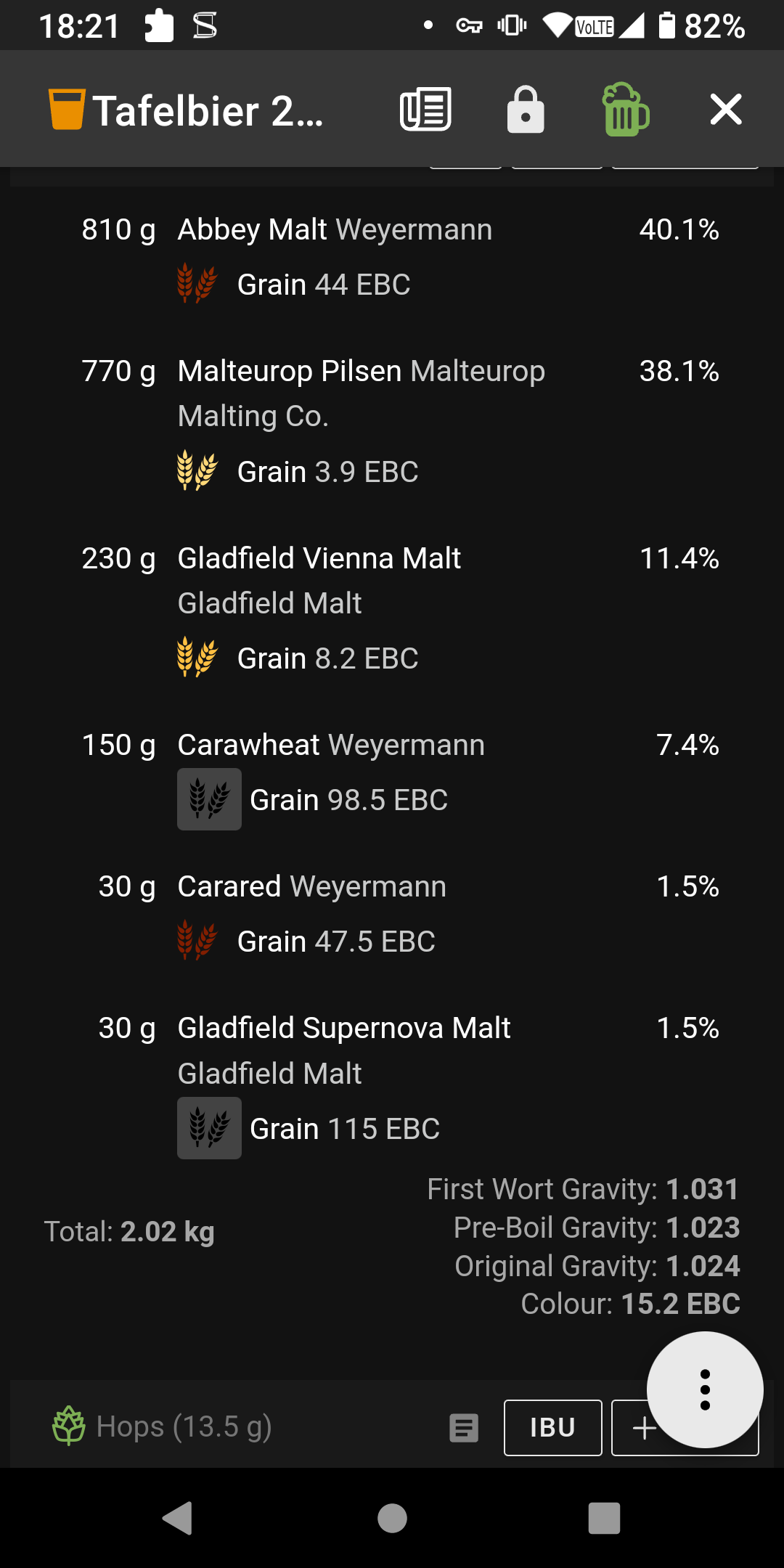I really don't care about the alcohol in beer, all I care about is the flavor, I like sweet, malty beers, so here's what I'm gonna do, I'm gonna make a wort with a maximum gravity of 1.025 then pitch LA-01
I'm going to sanitize everything with bleach, dishwasher and starsan for the final step
After fermentation is over, I'm going to bottle condition with simple sugars like table sugar, keeping the carbonation level below 2.5, then I'm going to pasteurize the beers in a big pot with the lid on in case any of the bottles want to explode
Do you think it's a good idea to try?
I'm going to sanitize everything with bleach, dishwasher and starsan for the final step
After fermentation is over, I'm going to bottle condition with simple sugars like table sugar, keeping the carbonation level below 2.5, then I'm going to pasteurize the beers in a big pot with the lid on in case any of the bottles want to explode
Do you think it's a good idea to try?


